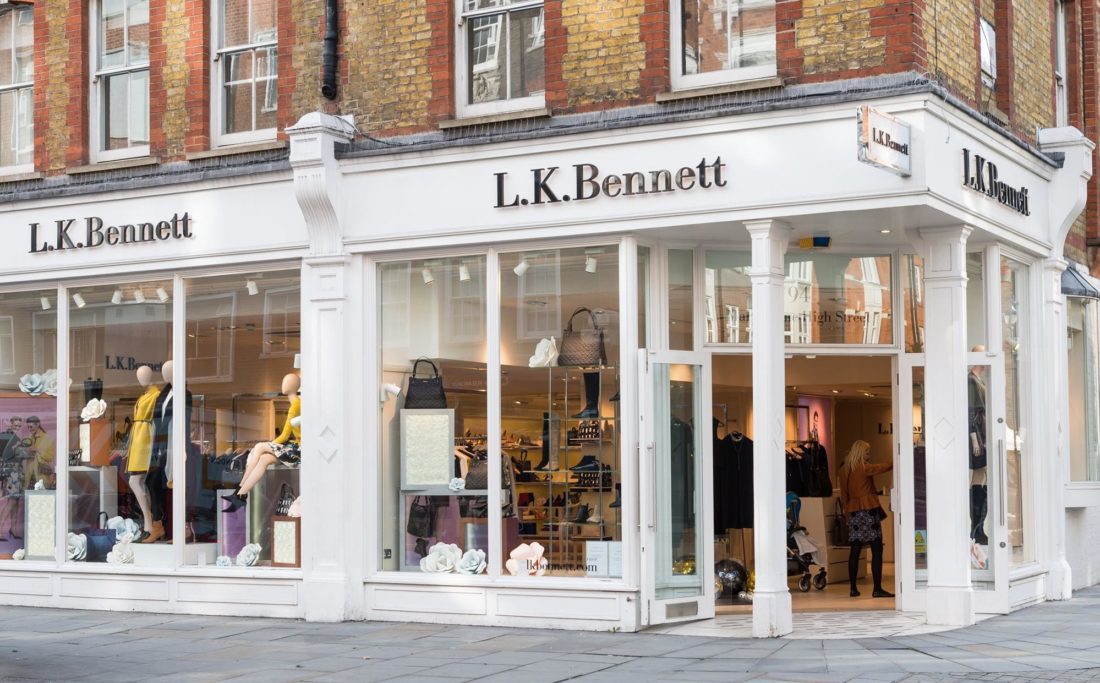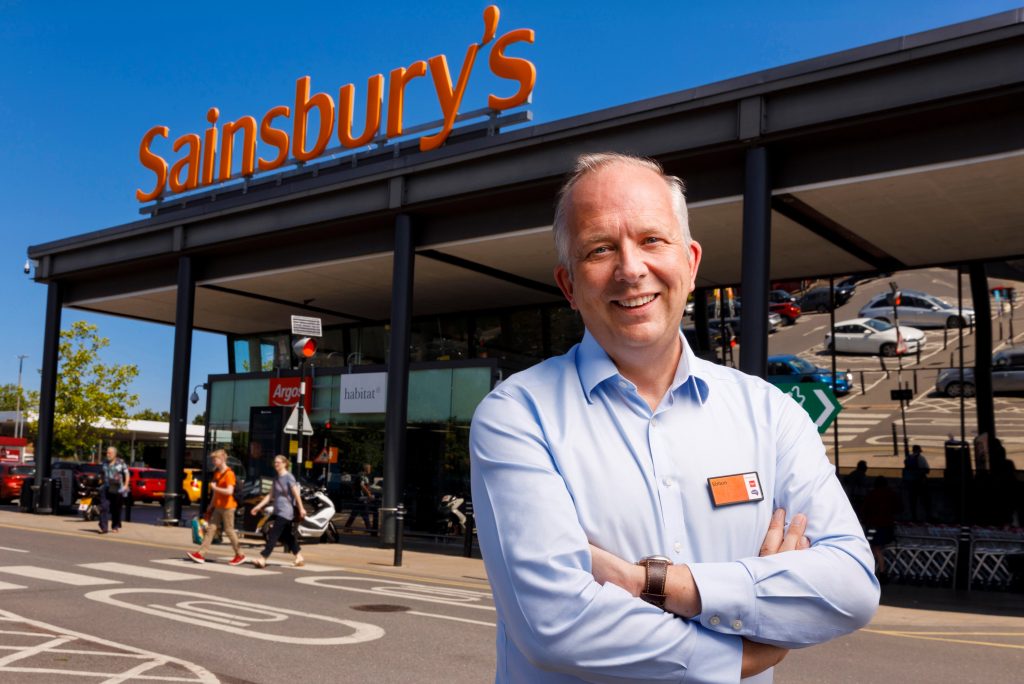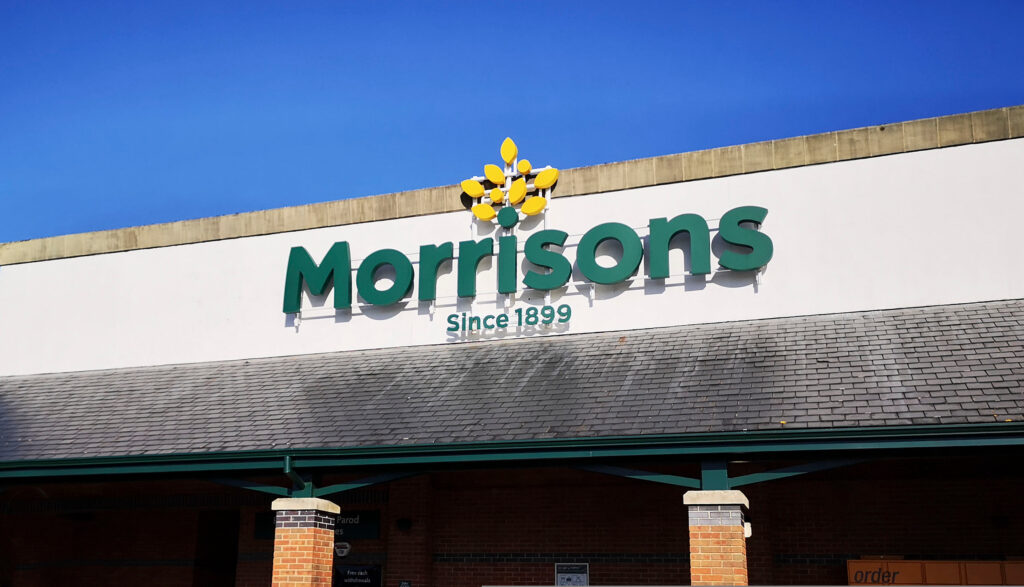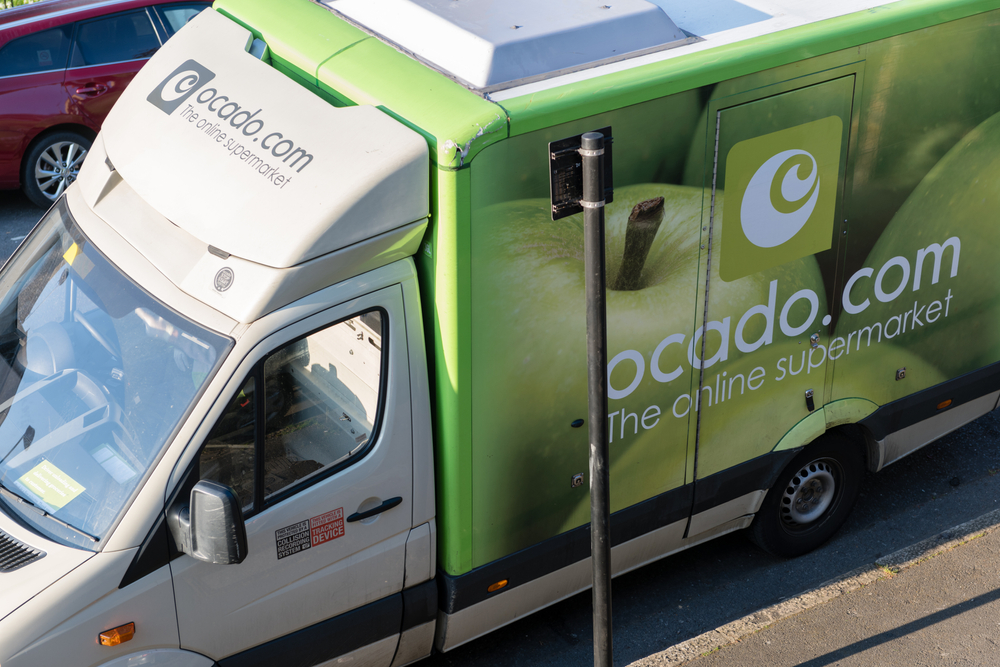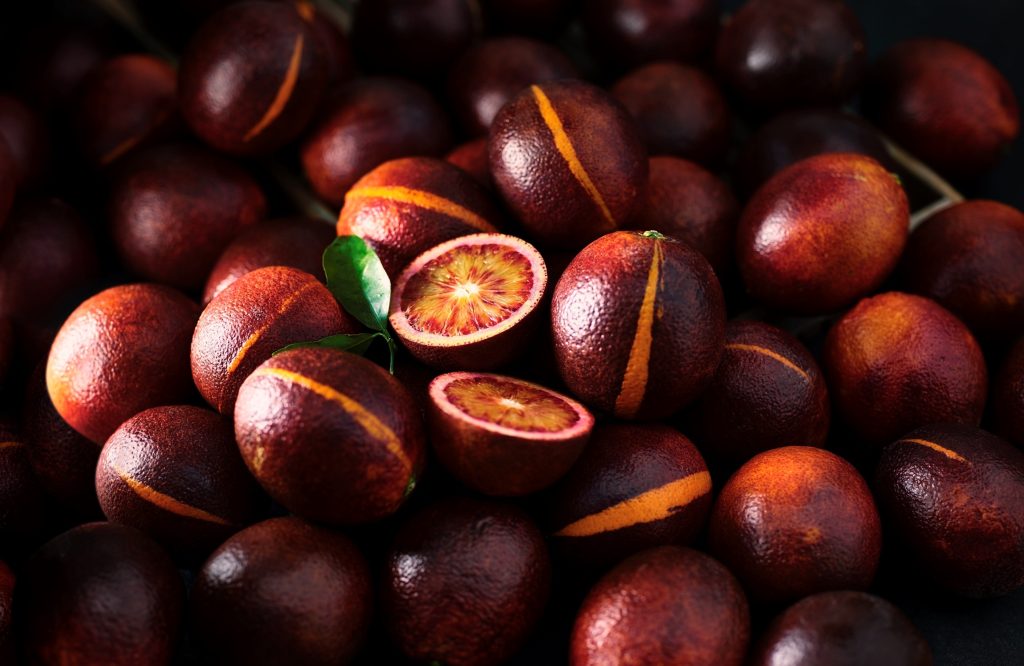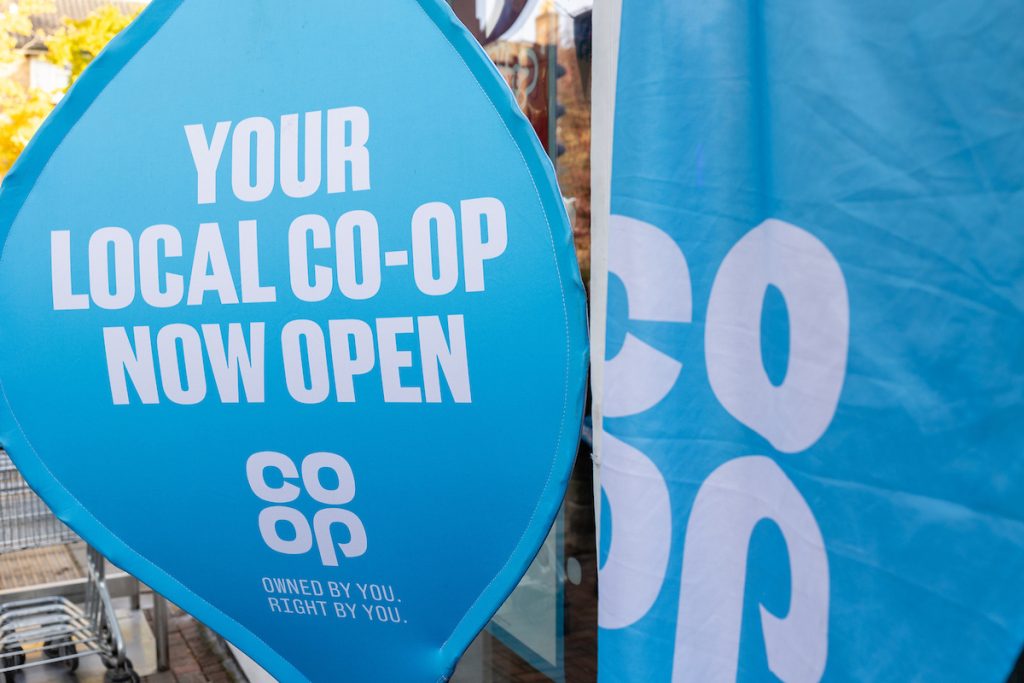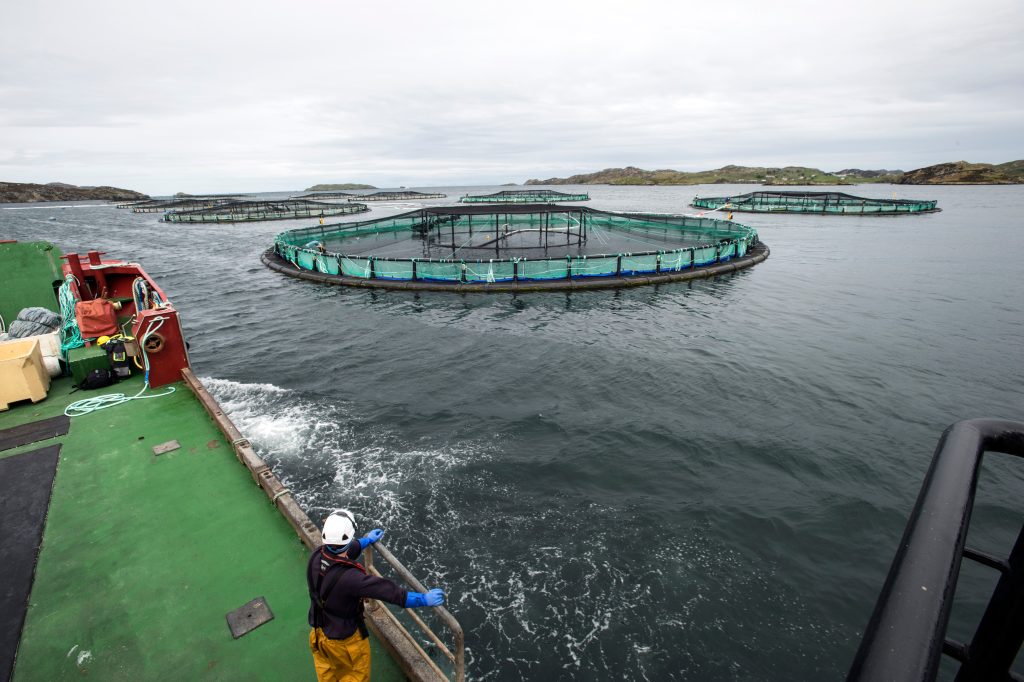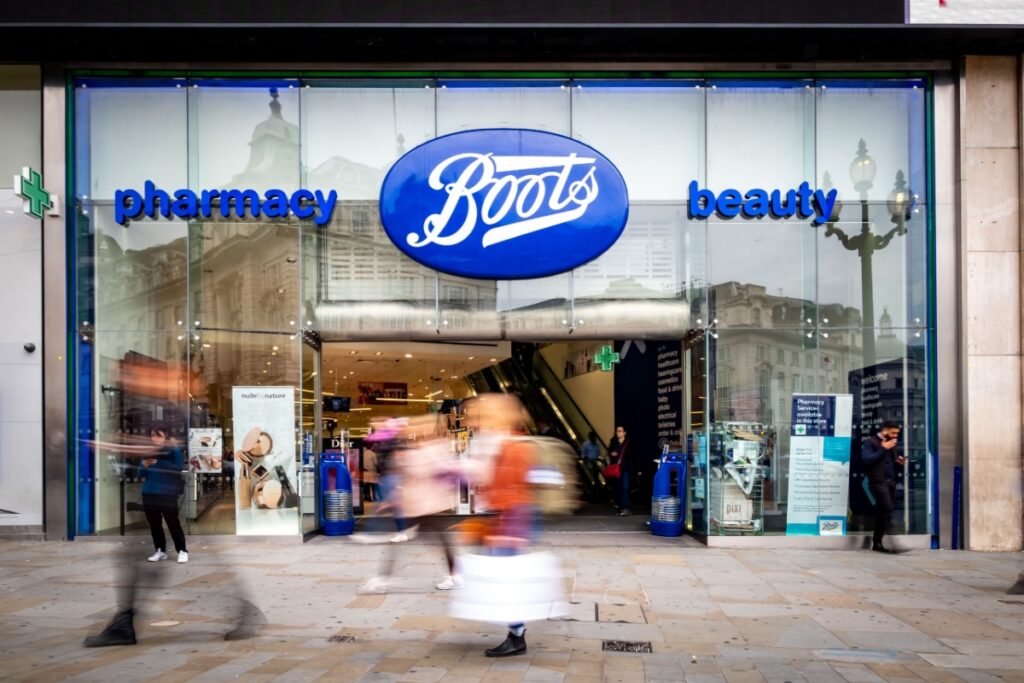Supermarket Tesco saw a 1.8 per cent rise in UK like-for-like (LFL) sales over Christmas, its strongest growth rate for three years, it has been announced today.
In the six weeks to January 5th 2013, total sales in the UK were up 4.3 per cent excluding petrol as the grocer successfully reversed its fortunes following a difficult year and today‘s announcement of the appointment of Chris Bush to Managing Director is set to further strengthen its position.
With over 30 years of experience at Tesco, Bush will succeed Philip Clarke who temporarily led the UK and group businesses and will take responsibility for the company in Britain as it continues to implement its six part plan to ‘Build a Better Tesco‘.
Group sales rose 3.9 per cent over the period though group LFLs were broadly flat, up just 0.3 per cent on the same period last year.
In recent months, the grocery market has descended into a price war as supermarkets seek to offer financially strained shoppers respite and Tesco noted that its Finest and Everyday Value ranges both outperformed the market as a whole.
George Scott, Consultant at analyst firm Conlumino, explained the long-term effects of heavy discounting for the grocer.
He said: “Much has been made of the underlying factors driving this expected improvement in UK LFL performance.
“Indeed, this period saw Tesco continue to flex its considerable financial muscle, with notably increased levels of promotional activity and discounting, especially in the form of couponing.
“While such a strategy can only ever represent a short term solution to Tesco‘s problems in the UK, in our view it has been essential in regaining the impetus.
“Nonetheless, if a sustainable recovery is to be achieved, investment in price and promotion needs to be complemented with ensuing improvements to the more general proposition. To this end, the grocer has been proactive, particularly in improvements to product.
“The strong performances of its Everyday Value and Finest sub-brands during this period are indicative both of more general polarised demand in the market, but also reflect Tesco‘s focus in these areas.”
While the retailer recovered its food performance, general merchandise also saw an improvement though, despite stronger sales of clothing over the period, the group conceded that disappointing sales of general merchandise was “still a drag on our overall rate of growth, with more to be done on refocusing the business on sustainable, profitable categories in the coming year.”
Commenting on the results, Clarke said: “The Group performed broadly in-line with our expectations through the Christmas period, with an improved performance in the UK and maintained trends elsewhere as we continue to experience tough trading conditions – particularly in Central Europe.
“I am pleased with our performance over the important Christmas and New Year period in the UK, which reflects the progress we are making in improving our offer for customers.”
Meanwhile, Tesco‘s online sales grew by 18 per cent during the festive season compared with the same period in 2011 with over half a million food orders fulfilled in the week before Christmas.
Sales at Tesco Direct jumped by more than 16 per cent, thanks in part to the popularity of the supermarket‘s Click & Collect service, which is available from over 600 Express stores as well as via a drive-through service which is now available across 140 stores.
Internationally, total sales jumped 3.4 per cent thanks to even performances in the Asian and US markets though in Europe, total sales fell by 0.6 per cent while LFLs were detrimentally affected by “reduced consumer spending, with all markets experiencing economic headwinds”, a statement from the group said.
Scott believes that Tesco has much work to do to reverse its fortunes across turbulent regions and Cl

